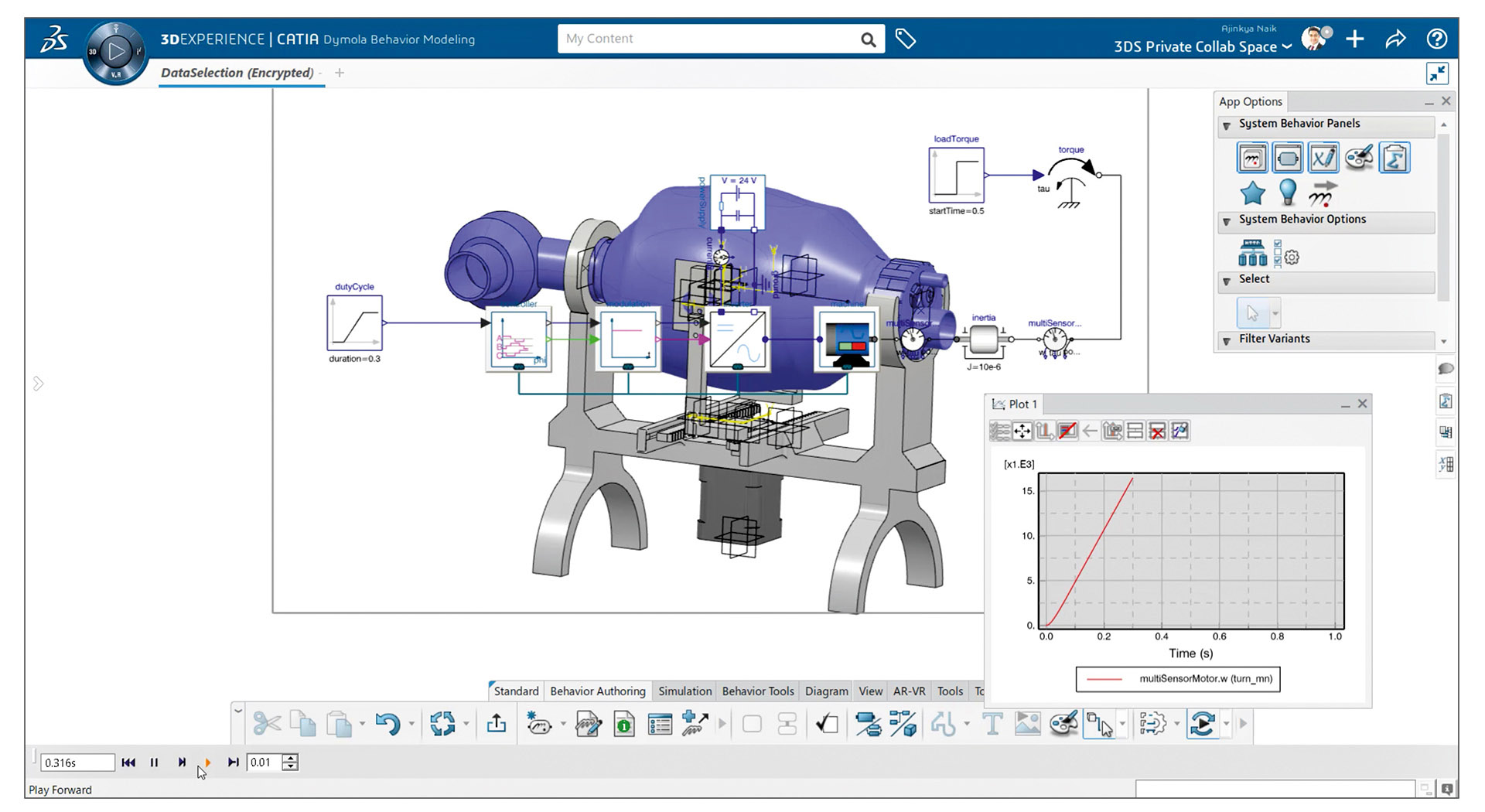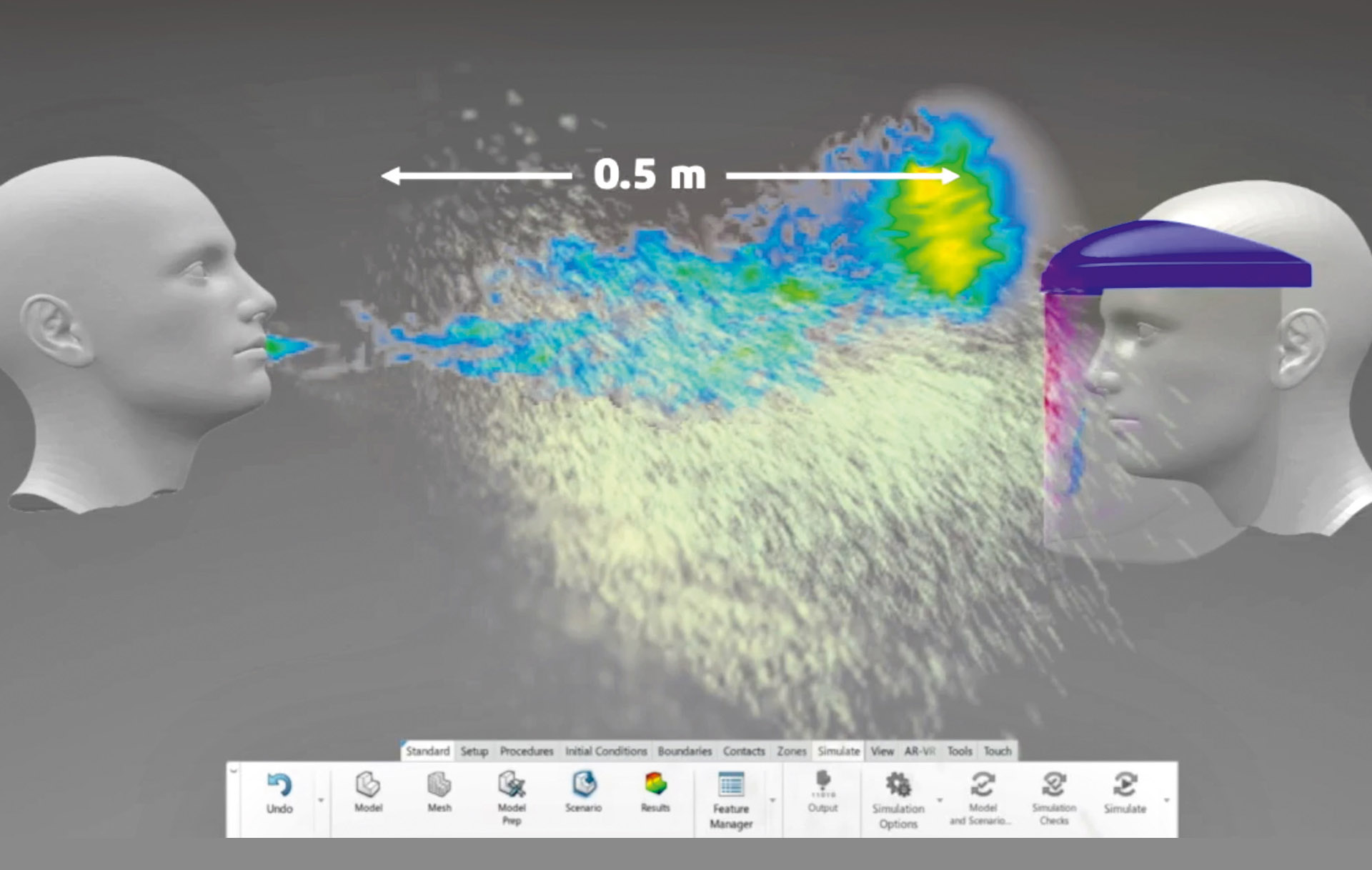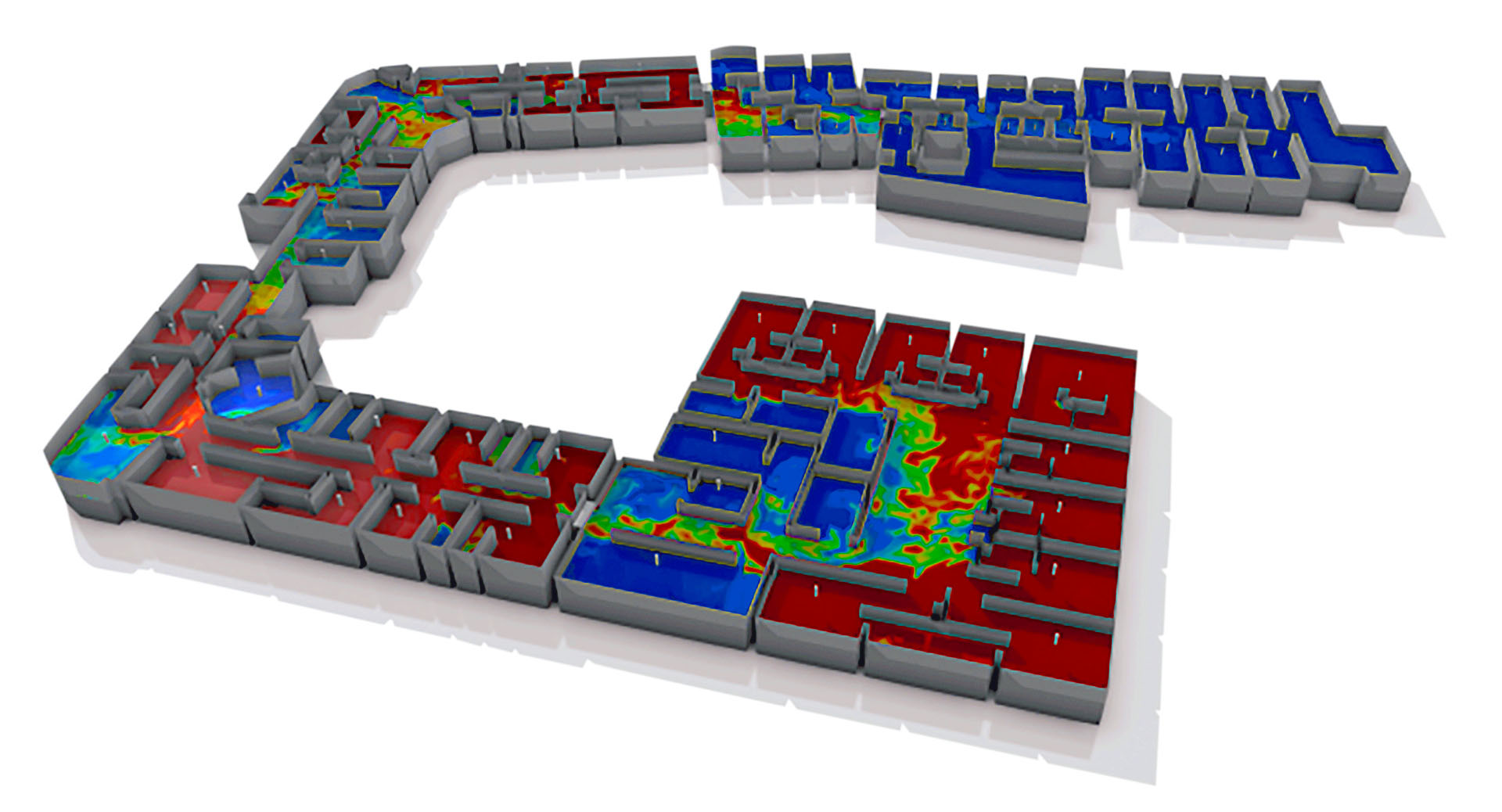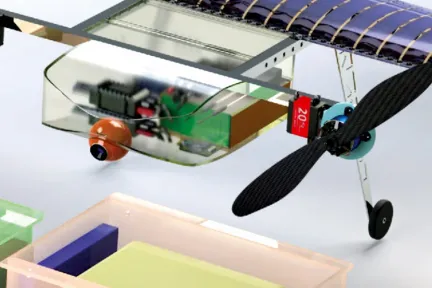Innovation and research communities actions against pandemic
The 3DEXPERIENCE Lab and La Fondation Dassault Systèmes created an effective way of gaining an overview of efforts to combat the pandemic.

Harnessing collective insights to defeat COVID-19
As soon as the pandemic began spreading, the 3DEXPERIENCE Lab identified needs and difficulties arising and found that many people working on COVID-19-related projects were doing so in isolation. The Lab team brought together these designers, engineers, scientists and decision-makers to pool their energy, harness collective insight and share needs and solutions; in turn the team classified and supported the projects.
The Open COVID-19 community created an effective way of gaining an overview of efforts to combat the pandemic, aggregating the latest information concerning pharmaceutical and scientific advances, ventilators, face shields, and progress by manufacturers and labs. Over 150 projects received backing, including design and production of face shields in Fab labs, digital simulations of virus dispersement into the air when a patient coughs or sneezes, airborne propagation simulations, ventilators, etc.
Three projects really stood out: in India, the Inali Foundation startup, which had already made a name for itself by creating an artificial arm for people with disabilities, built a prototype smart ventilator. It took just eight days thanks to the support provided by the 3DEXPERIENCE Lab’s team in India and input from mentors and designers from around the world via the cloud.
In the United States, the Lab guided the design process for face shields via the network of Fab labs, with support from US-based teams of 3DEXPERIENCE and SOLIDWORKS experts. Geolocation data was used to put these Fab labs in contact with nearby hospitals and healthcare professionals. In France, the SIMULIA team helped simulate air flows in the Saint-François hospital in Marange-Silvange, to rapidly identify the safest way of accommodating COVID-19 patients and to show the way forward to have optimal air flows.


Supporting research and education during the pandemic
La Fondation Dassault Systèmes rapidly deployed its teams as the COVID-19 pandemic spread and lent its support to various initiatives driving change in education and research by harnessing the power of 3D technology and virtual universes. It made a donation to the Institut Gustave Roussy (Villejuif, Paris) for its research into the effects of SARS-CoV-2 on cancer patients.
Through a second donation to the BREATHE Center at the University of California, Riverside School of Medicine, its support furthered work on identifying engineering solutions to mitigate damage caused by artificial respiration and helping improve patients’ condition.
The Foundation also established a partnership with Ecodair, an association promoting community employment, to provide computers to students at the Apprentis d’Auteuil home for young workers in Versailles (France), so they could continue taking their classes online.
Lastly, ConnectNext, a program launched in 2020 to forge closer ties between academia and industry in India, connected 16,000 students, teachers and industry professionals during the lockdown period. The Franco-Indian chamber of commerce gave this initiative a CSR Award.


